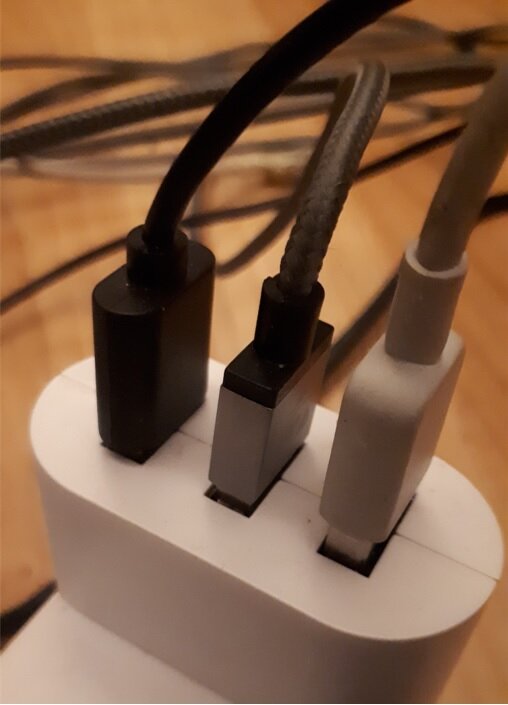How The lack of Access to The Digital World Leaves Refugees Unrepresented Within Politics.
What keeps the world connected, what allows us to stay connected with loved ones, what keeps us up to date with current international and domestic politics? The digital world.
In 2011, the Syrian civil war commenced, and the media was flooded with atrocities against civilians caught up within the fighting. This war has caused the largest displacement of people within a modern-day world. However, various other wars and conflicts are also causing mass displacement across the globe, with an influx of refugees appearing in Europe from South Sudan and Venezuela. Yet, here people are met with the lowest levels of humanity and respect by governments who ignore abuse and disregard refugees who have fled all the comfort of their homeland to escape genocide, rape, slavery, and death.
When the 'Calais jungle' in France (Europe's largest refugee camp) was dismantled in 2016, refugees were left scattered all over northern France. This has made it increasingly complex for NGOs to deliver their essential aid. Calais is just one example of how difficult it is to get aid to refugees. Across the Mediterranean, refugee camps are still assembled. However, there is minimal access to NGOs due to local governments attempting to hide the human rights abuses. Likewise, in Bangladesh, the government only allow aid to their government-controlled camps, where refugees must be documented, this is increasingly hard to do when a momentous number of refugees have no documentation of identity, either due to the frantic manner they escaped their homeland in, or they have been robbed of this along the treacherous journey.
All of this adds up to the limited access to technology for refugees. Without NGOs providing access to charging boards and computers, refugees are in term technically illiterate. They have no concept of modern technology and no access to the global digital sphere.
In recent years we all know how politics has taken a digital mold; digital politics takes the form of social media posts, polls, online petitions, and much more. Unfortunately, without access to technology or the internet, those within the refugee camps are not just deprived of contact with their loved ones, but they cannot keep up with current affairs in digital politics.
As they are not registered citizens within the region, they have ended up they cannot have a say in national votes or policy change; therefore, a fundamental way for them to voice the need for change within the refugee and the asylum-seeking system is using digital politics. A place where they are not bound by border controls. Here they could join activist movement groups, sign local petitions, and hear their stories about the mistreatment from harboring countries' governments.
Consequently, a more coherent policy could be implemented by governments to protect the rights f these people. We must think, if this were our family members or us who had to flee our home out of fear of awful violations, would we want them to lose the last chance they have of being heard? The digital world is a way they could be heard and help change a crumbling system.
When volunteering in the Calais refugee camps, I would often have conversations with people about how they valued the charging service as much as the food distribution. One day a bambino explained to me how this is their only connection to the outside world, and he needed it just as much as he needed food to survive. This echoes how much we take access to the digital world for granted, and how valuable it has become within a modern-day world, and how unrepresented a group can be due to their lack of access to technology.


